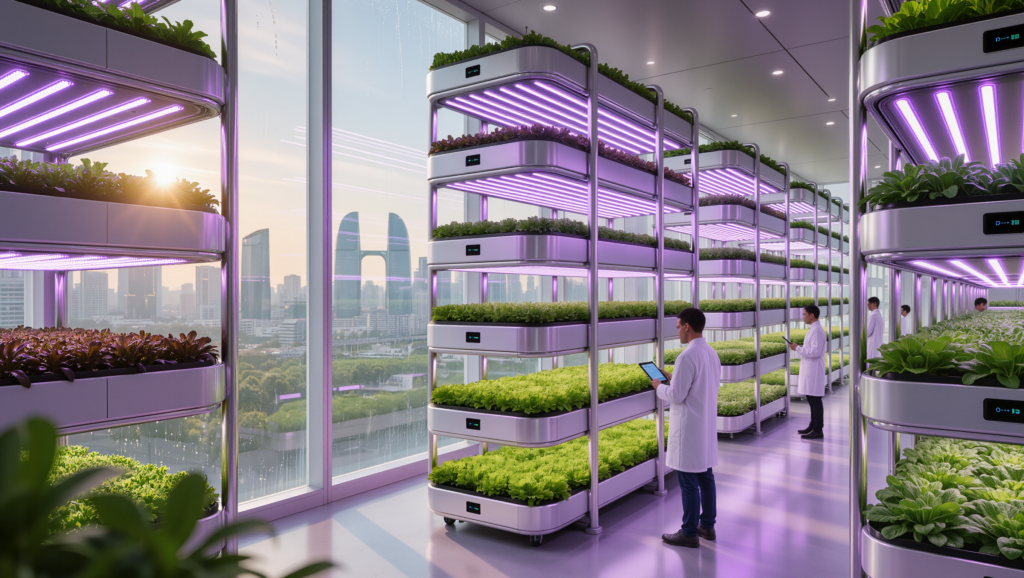Vitamin D3 and Vitamin K2 are both crucial for your health, but they work best together. While many people know about the importance of vitamin D3 for bones, immune function, and mood, fewer understand why pairing it with K2 is essential. Taking vitamin D3 alone can actually lead to health risks, especially related to calcium buildup in your body. Here’s everything you need to know about why you should combine these two vitamins and what can happen if you don’t.
What Is Vitamin D3? Why Is It Important?
Vitamin D3, also called cholecalciferol, is the active form of vitamin D produced in your skin when exposed to sunlight. It plays several key roles:
- Bone Health: Helps your body absorb calcium to strengthen bones and teeth.
- Immune Support: Boosts your immune system, helping fight infections.
- Mood Regulation: It’s linked to improved mood and reduced anxiety.
- Heart Health: Supports muscle function, including your heart.
Most people get vitamin D3 from sunlight, food like fatty fish, or supplements, especially if they live in areas with limited sun exposure.
However, too much vitamin D3 without proper balance can cause your body to absorb excess calcium, leading to problems according to Healthline.
What About Vitamin K2? Why Does It Matter?
Vitamin K2 is part of the vitamin K family, which helps your body regulate calcium. It activates a protein called osteocalcin that directs calcium to your bones instead of soft tissues. Without K2, calcium can build up where it shouldn’t—like in your arteries.
Where Do You Find K2?
- Foods: K2 is found in fermented foods like natto (fermented soybeans), cheeses, egg yolks, and meats.
- Supplements: K2 supplements often use MK-4 or MK-7, two forms of vitamin K2.
The Relationship Between D3 and K2
Vitamin D3 increases calcium levels in your bloodstream, which sounds great for bone health. But here’s the issue: without enough vitamin K2, that calcium might not end up in your bones. Instead, it can settle in:
- Arteries (causing plaque buildup and heart disease),
- Kidneys (leading to kidney stones), and
- Soft Tissues (causing calcification).
Taking vitamin K2 ensures that calcium is absorbed properly and sent to your bones rather than accumulating in harmful places. It’s like teamwork: D3 brings the calcium in, and K2 directs it where it’s needed most Dr. Berg.
Dangers of Taking Vitamin D3 Without Vitamin K2
- Arterial Calcification: Without K2, calcium can deposit in your arteries, increasing the risk of heart disease and high blood pressure.
- Kidney Stones: Excess calcium not properly absorbed can build up in the kidneys, forming painful kidney stones.
- Weaker Bones: Surprisingly, too much calcium without K2 can weaken your bones over time, as it isn’t properly used to build bone tissue.

Benefits of Taking D3 with K2
Combining vitamin D3 with vitamin K2 offers numerous benefits:
- Strong Bones: K2 ensures calcium is deposited into your bones, reducing the risk of osteoporosis and fractures.
- Heart Protection: K2 prevents calcium from clogging your arteries, lowering the risk of heart disease and stroke.
- Dental Health: Calcium directed to teeth strengthens enamel and prevents decay.
- Immune System Boost: Vitamin D3 supports your immune response, helping your body fight off infections.
- Better Calcium Management: Together, D3 and K2 regulate calcium efficiently, reducing the chance of kidney stones and tissue calcification.
Who Should Be Careful?
If you’re supplementing with vitamin D3, it’s essential to consider your vitamin K2 levels, especially if you fall into these categories:
- People at Risk for Heart Disease: Taking D3 alone could worsen arterial plaque buildup.
- Those Prone to Kidney Stones: Excess calcium without K2 increases stone formation.
- Osteoporosis Patients: Bone health requires both vitamins.
- People on High Calcium Diets: If you consume a lot of dairy or calcium supplements, K2 is critical to manage absorption safely.
It’s also worth talking to a doctor if you’re on medications like blood thinners, as vitamin K can interfere with their effects Health.com.
How Much Should You Take?
- Vitamin D3: For most adults, 4000 IU per day is recommended, but higher doses might be needed if you’re deficient.
- Vitamin K2: For adults, 90–120 mcg daily is usually sufficient, especially when paired with D3.
Pro Tip: Many supplements now combine D3 and K2 into one formula for convenience. Look for products with MK-7, a long-lasting form of K2.
Conclusion: Balance Is Key
Vitamin D3 is essential for good health, but without vitamin K2, it can do more harm than good. The combination of these two vitamins ensures strong bones, healthy arteries, and better overall calcium management. Whether through diet or supplements, make sure you’re giving your body both nutrients it needs.
For anyone taking D3, pairing it with K2 is a smart move for your bones, heart, and long-term health!
By understanding the synergy between these two vitamins, you’ll not only avoid the dangers of improper calcium use but also enjoy a healthier body for years to come. If you’re considering supplements, consult your doctor to find the right balance for you!







